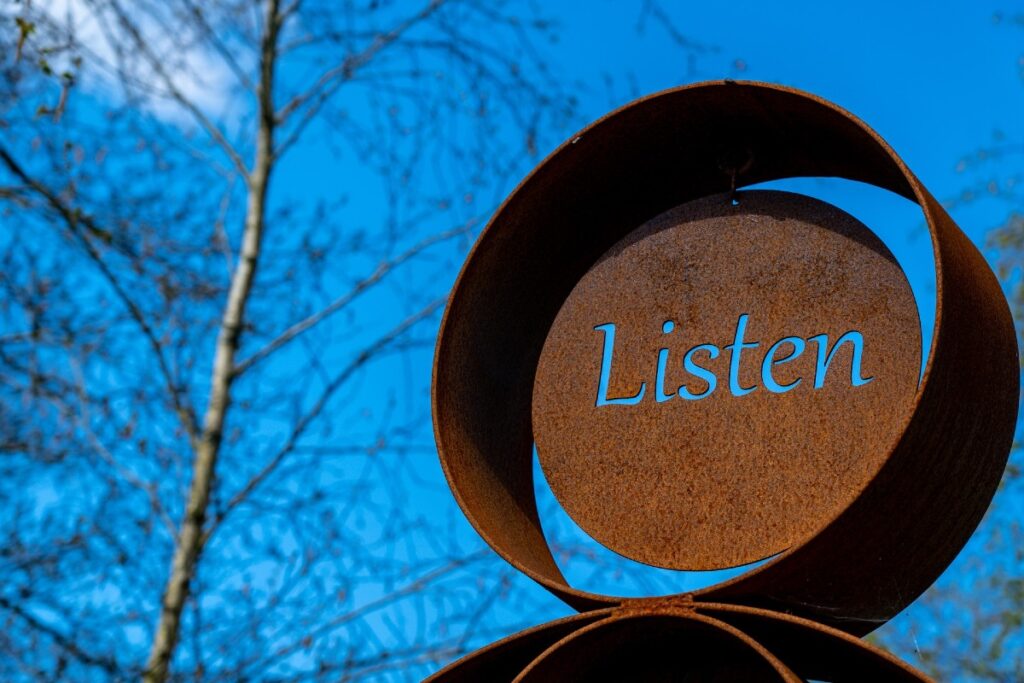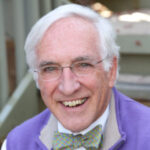
By Dr. Robert Saul | When I recently retired at the end of 2020 from the clinical practice of medicine, after 44+ years of practice, I must admit that I was somewhat disoriented. I didn’t have to get up before sunrise to start my commute. I wasn’t listening to NPR to start my day. I, all of a sudden, was not an integral part of a team providing care and support to children and families that sought our expertise and care. And I missed it.

I was not being a pediatrician, medical geneticist, administrator, educator or mentor anymore. If the families that I saw derived some benefit from my care over the course of my career, I had to acknowledge that I derived even more benefit from my interactions with them. I was a first-hand witness to remarkable children and families–their trials, their tribulations, their emotional rollercoasters and their resilience. I learned so much from them that I did not want to forget my learning experiences.
I found myself reflecting about the then close to 50 years since college. Over the last 30 years, I have been sharing various articles in the local newspaper and via my other writings but most of those latter communications have not been professional in nature. Fifty years seems like a long time and given that length of time, I should have some lessons learned that might be worth sharing in my roles of pediatrician, medical geneticist, educator, administrator and author.
After retirement, I was asked to write an article about my professional journey. When I was completing that, I took the time to highlight five lessons learned. As I detail them below, I also realize that these lessons have applicability to all of our social interactions [in italics below] and that every day is a new day to learn and improve.
Trust the intuition of parents. Parents are with their children more than I am, they know their children the best, and their concerns are real and provide valuable insight for the evaluation and potential treatment. This was a very difficult lesson for me to learn. Newly minted doctors often think they have all of the answers based on their seemingly endless years of education. Yet, young doctors have only begun their education. We need to trust and believe what people are telling you. Granted, my professional expertise can pick up unrecognized things that parents don’t see but to ignore the gut reactions of parents is to be at your own peril and is often to the detriment of your patients. [Trust the intuition of your family members and those in your social circles. Allow their ideas and thoughts to be expressed when they speak from their heart. Their observations can be eye-opening and humbling. And humility is one of the finest of human traits.]
Listen…Listen intently. It sounds so simple to do but, in reality, is so hard at times. We seem to be listening but are we really? Active listening requires us to put aside the multiple distractions (including our computers), turn to the patient, and let them know that their issue is now your issue. We need to be less box-checking for the computer and more empathetic-listening to our patients. [Listen intently to your children, family members, friends and fellow citizens. Only then can we share in our pursuit of the common good and the changes needed. It tends to make us less selfish and more selfless in service to others. And this has become a life-long pursuit for me, one in which I need to improve everyday.]
Leave your biases at the door. Before doctors see patients, we review a variety of materials. These materials might provide valuable background material, but they might also provide information that can mislead us going forward. It is critical to be open-minded when seeing patients to assist in their physical and emotional needs as our assessments and interventions progress. We might let our previous interactions taint our ability to be engaged as intently as we should. [When we have preconceived notions about others, we are less likely to be open to honest interactions. Biases, implicit or explicit, can be difficult to recognize, but when we do, it leads to more honest social interactions. Honesty and truth-telling are the only way to develop trust in our relationships with others. “Trust me” only works when others can actually trust you.]
Smile and engage. A smile is the universal symbol of shared humanity and demonstrates a willingness to engage with our patients. It does not diminish our professionalism, rather I think that it enhances it. It shows that we care. Smiling was so difficult during the pandemic with the masks, but there are other parts of our face and our voice that transmit a smile other than your teeth and upturned corners of your mouth. Learn to use all of those parts when engaged with others. [A smile can light up a room and show that we are willing to engage with others. It has taken me too many years to learn that the big, toothy smile of my mother was such an example. She was there – engaged and concerned when talking with others.]
Remember our shared humanity. We could just as easily be on the other end of any medical encounter. As I have aged and had more than my fair share of medical encounters, I really appreciate the need to understand how patients feel and how I can make their experience more pleasant. I have welcomed it when medical providers have done the same for me. [Family and social interactions should always involve empathy (the ability to understand and share the feelings of another). Only then can we genuinely understand others and be understood. Being present is such a unique skill and so important as we seek to help others in every way, every day.]
One does not need to finish a career to make reflections like those above, but I must admit that retirement is a great inflection point for such observations. As we age, I plan to be a sage as much as possible. And instead of being elderly, I want to be a trusted elder and continue to make pertinent suggestions that can be of some benefit—to myself and hopefully others. Then I will feel that I have lived a life worth living, full of humility, sincerity and vulnerability as selfless as possible. I am not perfect, nor will I be. I just want to be worthy of setting an example for my children, my grandchildren, my patients and their children, and all children – my children’s children.
Dr. Robert A. Saul is a retired pediatrician and the author of “My Children’s Children: Raising Young Citizens in the Age of Columbine” and “All About Children.”
















 We Can Do Better, South Carolina!
We Can Do Better, South Carolina!